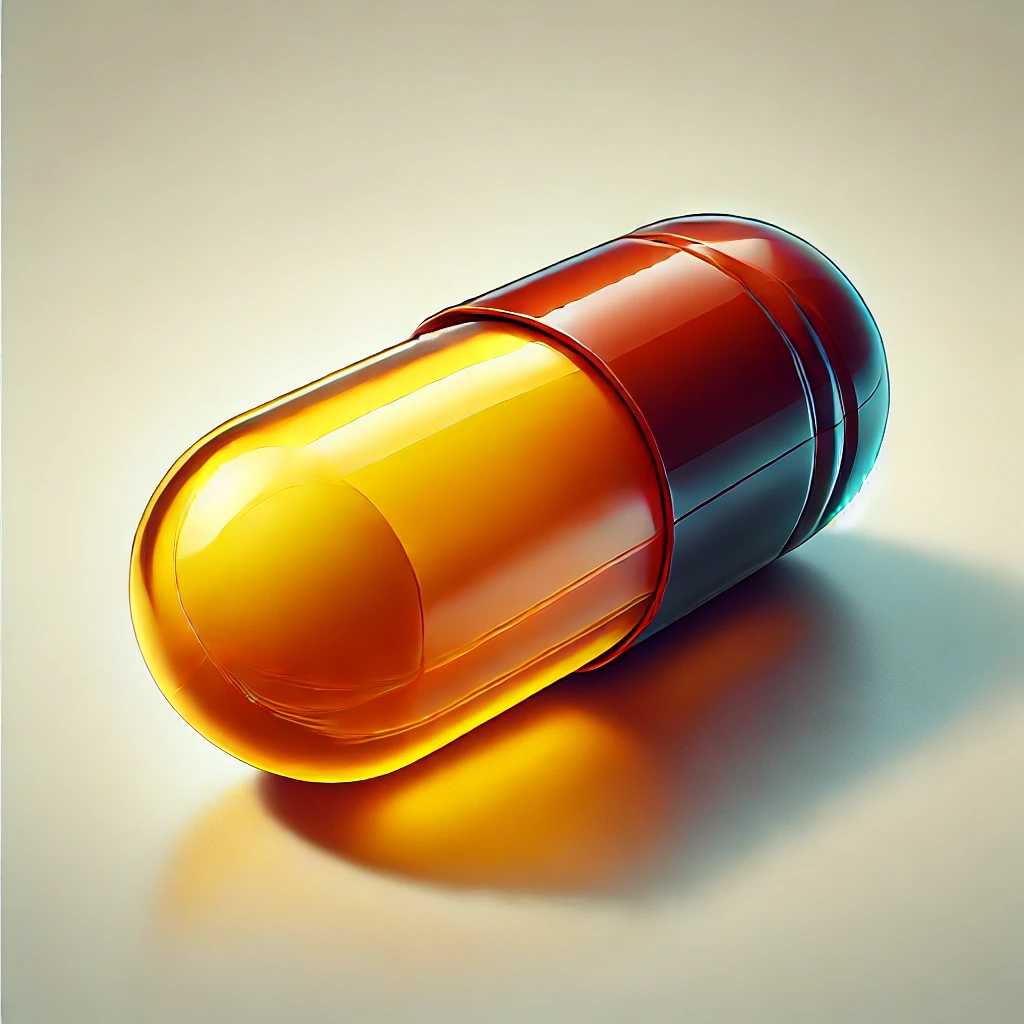Nitrofurantoin mono/macrocrystals (nitrofurantoin mono/mcr) is a medication used primarily to treat and prevent urinary tract infections (UTIs). This article will delve into the details of how nitrofurantoin works, its applications, potential side effects, and important considerations for its use.
What is Nitrofurantoin Mono/MCR?
Nitrofurantoin mono/mcr is an antibiotic that combats bacteria in the body. It is particularly effective in treating infections of the urinary tract because it is excreted mainly through the kidneys, concentrating the drug in the urinary tract where the infection is located.
Chemical Composition and Formulation
Nitrofurantoin is available in two forms: macrocrystalline and monohydrate/macrocrystals (the mono/mcr blend). The macrocrystalline form has a slower absorption rate and, as a result, may cause fewer stomach issues. This section could explore the differences between these forms and how they affect patient treatment.
How Does Nitrofurantoin Work?
Nitrofurantoin works by damaging bacterial DNA, ultimately killing the bacteria that cause infections in the urinary tract. It is effective against a wide range of bacteria, making it a first-line treatment for UTIs.
Mechanism of Action
The antibiotic targets bacterial ribosomal proteins, interfering with protein synthesis and thereby inhibiting bacterial growth and multiplication. This section can detail the drug’s mechanism on a cellular level, providing a deeper understanding of its effects on bacteria.
Indications for Use
Nitrofurantoin is prescribed for the treatment of acute cystitis and for the prevention of recurrent urinary tract infections. It is not suitable for treating kidney infections or other types of bacterial infections outside of the urinary tract.
Guidelines and Recommendations
This part can discuss the clinical guidelines that recommend nitrofurantoin as a treatment option, including considerations for its use based on patient health, renal function, and bacterial resistance patterns.
Potential Side Effects
While nitrofurantoin is a safe and effective medication for many people, it can cause side effects in some individuals.
Common and Serious Side Effects
The common side effects include nausea, headache, and diarrhea, while more serious effects might include pulmonary reactions, liver toxicity, and neuropathy. This section would outline how these side effects manifest and what patients should do if they experience them.
Drug Interactions and Contraindications
Nitrofurantoin should not be used in conjunction with certain medications or under certain medical conditions.
What to Avoid
This section can detail drugs and conditions that may interact negatively with nitrofurantoin, such as antacids containing magnesium trisilicate and drugs that can induce renal impairment.
Conclusion
Nitrofurantoin mono/mcr is a critical tool in the management of urinary tract infections, offering benefits in terms of efficacy and targeted action. However, like all medications, it is important to use it under the guidance of a healthcare provider to minimize risks and ensure it is used effectively.
Final Thoughts and Patient Advice
Concluding with advice for patients considering or currently using nitrofurantoin, emphasizing the importance of following their healthcare provider’s instructions and completing the full course of the medication.
This framework will help structure your article comprehensively around the topic of nitrofurantoin mono/mcr. If you have any more details or specific points you’d like to add, please let me know!


